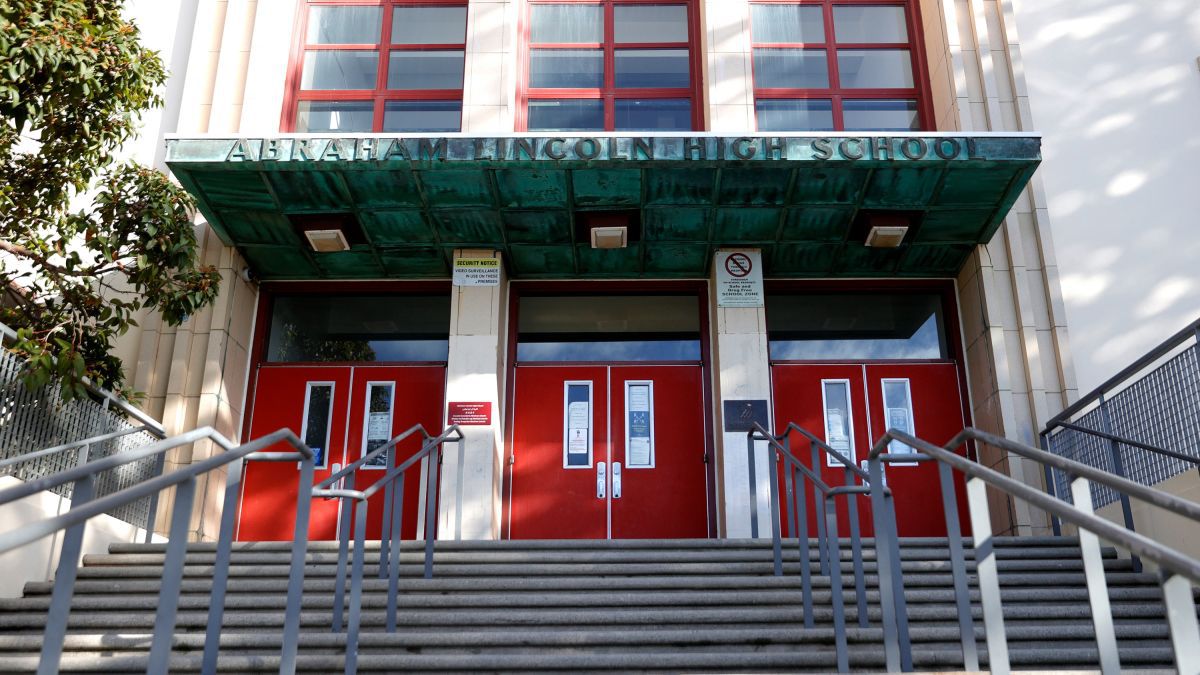George Washington. Christopher Colombus. Andrew Jackson. Albert Einstein. John C. Frémont.
One might read these names and wonder why the man our hometown, Fremont, is named after is being grouped with the creator of the theory of relativity, but every single one of these names have one thing in common: they are controversial. These people, along with countless other historical figures all accomplished great feats, but if we dig deeper, we find there is more to them than their accomplishments. Some of them stood for good principles but did bad things; others stood for good principles, did good things, but said or did bad things one time; and others stood for bad principles and did bad things. Today, with so many statues and building/school names dedicated to controversial historical figures, our society is confronted with the question: How do we judge controversial historical figures, and how do we decide who does or does not deserve a statue or a building named after them, if anyone does at all?
First off, no one is perfect. George Washington fought for freedom and independence and improved many people’s lives by doing so, but he owned slaves. Christopher Colombus famously explored America, but severely mistreated Indiginous peoples. Andrew Jackson was known as the “people’s president” because he defended citizens’ individual liberties and founded the Democratic Party, but he was a slave owner who helped forcibly relocate Native Americans. Albert Einstein was a pioneer of science, but he was recently discovered to have written racist things about the Chinese in his travel journals. John C. Frémont, the man our city is named after, was a great explorer, but he was also responsible for massacring Native Americans in California.
It is quite understandable to want to rip down all of the statues of these controversial figures, rename every building and school, and vow to never commemorate anyone ever again. In fact, it is happening all around the country right now. In early February 2021, the San Francisco School Board voted 6-1 to change the names of 44 schools. Included in these schools to be renamed were ones named after George Washington and Abraham Lincoln. Nevertheless, this is not the solution. If we eliminate any and all presence of these figures, we are not only diminishing their accomplishments, but more importantly, we are also erasing their bad deeds from history. If no one knows who they are or what they did, no one can learn from their mistakes and history will undoubtedly repeat itself. (Now, The Hatchet staff acknowledges that this does not necessarily go for everyone, as there are obviously some historical figures who should absolutely not be commemorated with a statue or anything of that nature, but we are trying to address the bigger picture, and provide guidelines for how society might approach this problem in the near future.)
Instead, we should focus on better educating members of our society. One way to do this is to add additional text to plaques on said statues that include the bad things the individual did in addition to their accomplishments. That way, when someone goes sightseeing and comes across a statue, they won’t leave with the impression that the figure was without flaws, but will get to acknowledge both sides of their life.
Additionally, our education system needs to be improved. More often than not, historical figures are idolized in elementary and middle-school classrooms by both teachers and textbooks. For example, elementary school children are taught that Christopher Columbus was an amazing explorer that made no mistakes at all, when in reality he assisted in mass genocide. Now, a lot of people may argue that elementary school kids are not ready to be exposed to such stories; however, this is false. Teaching children these stark, tragic realities is extremely important. If they are allowed to learn truthful history at a young age, instead of learning the censored version, they will understand the importance of history early on. Because of this, they might have a better chance of reaching higher education with a respect for the subject, instead of regarding it as one of the easy, worthless subjects. We all know that learning from history is essential in order to progress forward, so it only makes sense to start drilling that lesson home early.
Furthermore, it is important that at least something is done about these controversial historical figures. Institutionalized racism is glaringly apparent in our society, now more than ever. It is important that we fairly represent historical figures of all races, showing the good and bad of everyone. No more one-sided history lessons that pose historical figures as flawless and gloss over the ugly moments of our country. We simply cannot uphold through our history an expectation of perfection in a world where imperfection is the only way to learn.

